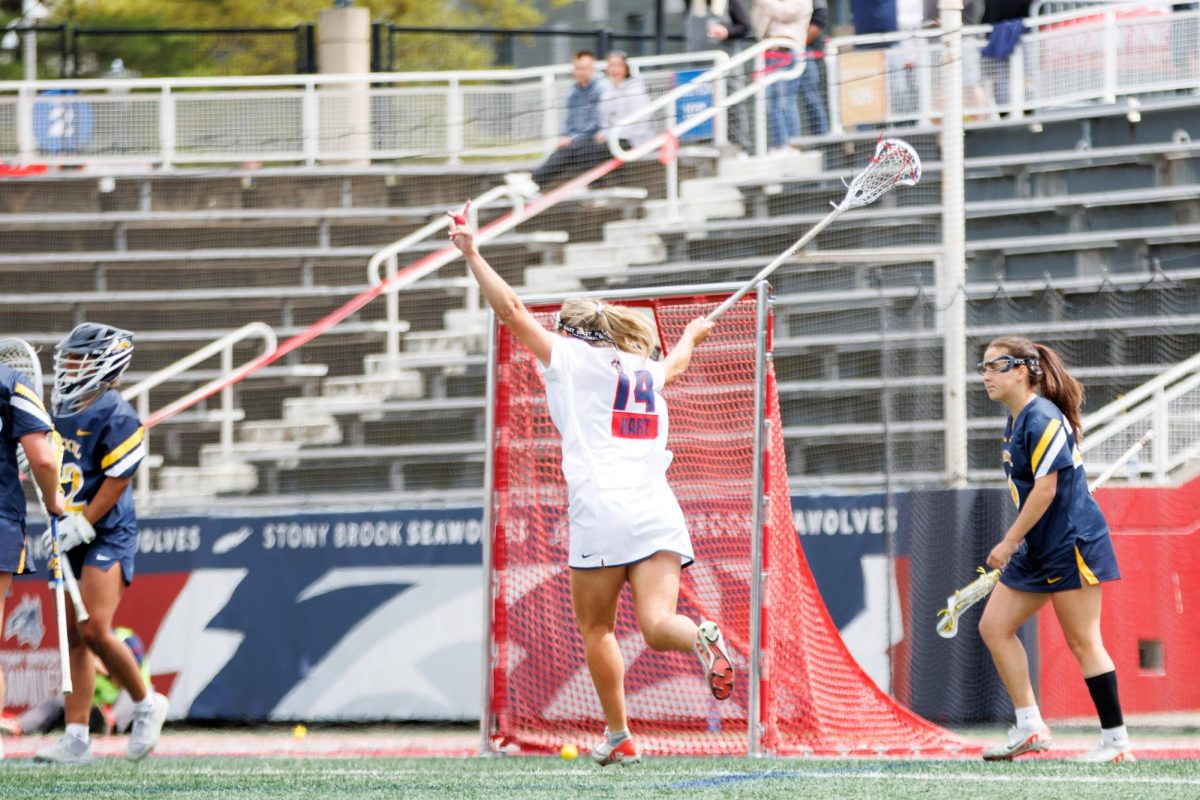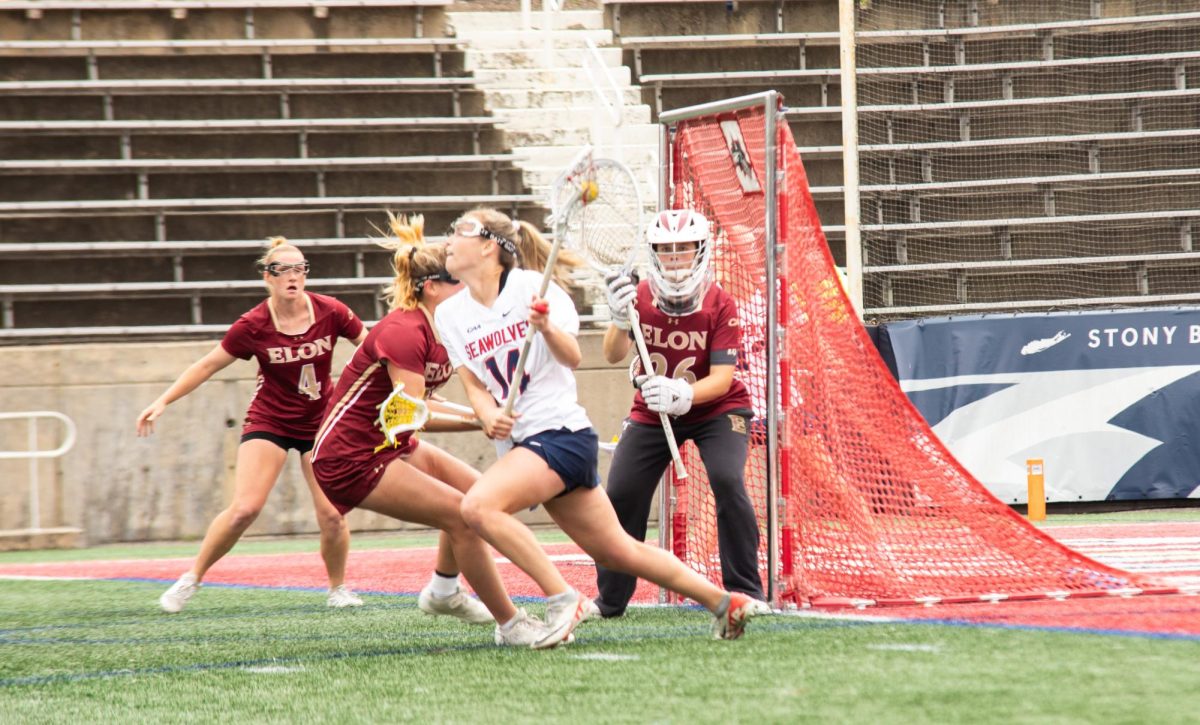The Students Empowered Against Sexual Assault club may be seen on campus a lot more now after receiving a $10,000 grant from Avon Products Inc.
The club members describe SEASA as “a community of students unified by their desire to prevent assault and promote a positive message on campus.” Having been founded only last year, the club is just beginning to tentatively spread its wings.
“We are just starting out,” said SEASA president Janine Mariani, “but hope to make an impact on this campus.”
With the new grant, they may be able to do just that. The grant was awarded through M.Powerment by mark., a fundraising initiative started by the Avon Foundation for Women and mark.girl, an Avon Products trademark. According to the “mark.girl” website, “over $750,000 have been raised to help prevent dating abuse and partner violence.”
According to the M.Powerment main page, the SEASA club was one of 23 clubs and organizations to receive a grant this year. And the club has already started to make use of these funds.
“We have money allotted to resource cards, posters, t-shirts, giveaways, buttons… peer educator stipends… workshop(s)… and our adviser and administrative fees,” Mariani said.
She said that with the funds from this grant the organization plans to “reach out to sports teams, fraternities, RAs, and others” through the programs they design.
Residence halls may be the first to see SEASA in action. Mariani says that the M.Powerment grant requires the club to have at least six educational workshops this semester. These workshops or seminars will likely be hosted in residence halls.
“There is so much [SEASA] could do with a grant like this… really positive things,” said H Quad director Miriam Rios.
Rios was excited to learn there is a new sexual assault prevention club on campus, especially one that planned to involve itself with Campus Residences.
“There used to be a program that came out of Campus Residences called SAFE, or Sexual Facts and Education. It was a peer-ed class taught by a professional staff, and the students would learn about sexual assault,” said Rios.
“It was a lot like ‘Swallow This,’ an alcohol and drug abuse prevention group currently active on campus,” she said.
According to Rios, SAFE members would first learn about sexual assault prevention themselves, and then visit resident halls to perform skits about date rape and other forms of sexual assault.
She went on to say that while SAFE no longer existed, many people, including quad directors, were trying to revive it.
“If SAFE comes back, [SEASA] could maybe help them reach out to the community,” Rios said.
Still, SEASA plans to already reach out to the campus community on their own. Mariani said that SEASA tables will be found at a host of upcoming educational outreach events like the Vagina Monologues, and throughout Domestic Violence Awareness month, spreading the word about sexual assault prevention and making the organization’s presence known.






